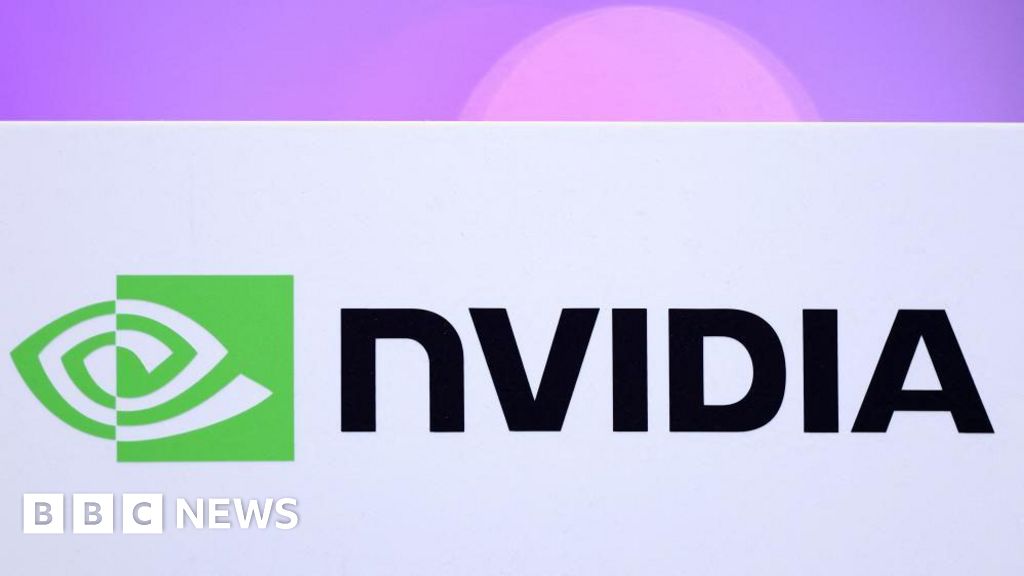
 Reuters
Reuters
UK government borrowing costs have risen in reaction to reports the chancellor will not increase income tax in the upcoming Budget.
The interest rate on 10-year government bonds, known as the yield, jumped to 5.56% from 5.44%, indicating the cost to government if it chose to borrow over this length of time.
The jump in yields came as financial markets showed concern about how the government would meet its spending and borrowing commitments without an income tax rise.
Governments borrow money from investors by selling bonds - known as gilts – which is a loan the government promises to pay back at the end of an agreed time.
There had been widespread reporting that Rachel Reeves would increase income tax rates in the 26 November Budget, but the Financial Times reported that plan has now been abandoned.
Zeina Bain, managing partner at Sullivan Street Partners, said investors had steeled themselves for an income tax rise in the Budget, so reports on Friday that the chancellor had dropped those plans had come as "a bit of a surprise".
The other issue for investors, Ms Bain said, was about how the government would fill its Budget black hole.
"Are you going to renege on filling that hole and fiscal responsibility?" she told the BBC's Today programme.
"That then leads into lower confidence which then feeds into higher bond yields, which then feeds into the cost of borrowing which leads to an even bigger hole."
Hargreaves Lansdown chief investment strategist Emma Wall said that "swirling Budget rumours" had taken the markets by surprise.
"As a result, the pound has fallen on concerns that Reeves will now have insufficient fiscal headroom to execute spending plans," she said.
Reeves has previously confirmed that both tax rises and spending cuts were on the table for the Budget. The chancellor needs to find more money to meet her self-imposed "non-negotiable" rules for government finances.
The two main rules are:
Not to borrow to fund day-to-day public spending by the end of this parliamentTo get government debt falling as a share of national income by the end of this parliamentIn a speech on 4 November, Reeves said her commitment to those rules was "iron clad" and said she would do what was necessary to fix the economy.
Think tanks have estimate the chancellor will need to raise about £22-25bn in order to meet those promises.
But Bloomberg reported that Reeves had received a better forecast from the Office for Budget Responsibility, which put her fiscal black hole at £20bn and allowed her to drop the planned tax increase.
A Treasury spokesperson said: "We do not comment on speculation around changes to tax outside of fiscal events. The Chancellor will deliver a Budget that takes the fair choices to build strong foundations to secure Britain's future."

 Movie
Movie 3 weeks ago
61
3 weeks ago
61 





![Presidents Day Weekend Car Sales [2021 Edition] Presidents Day Weekend Car Sales [2021 Edition]](https://www.findthebestcarprice.com/wp-content/uploads/Presidents-Day-Weekend-car-sales.jpg)




 English (United States)
English (United States)